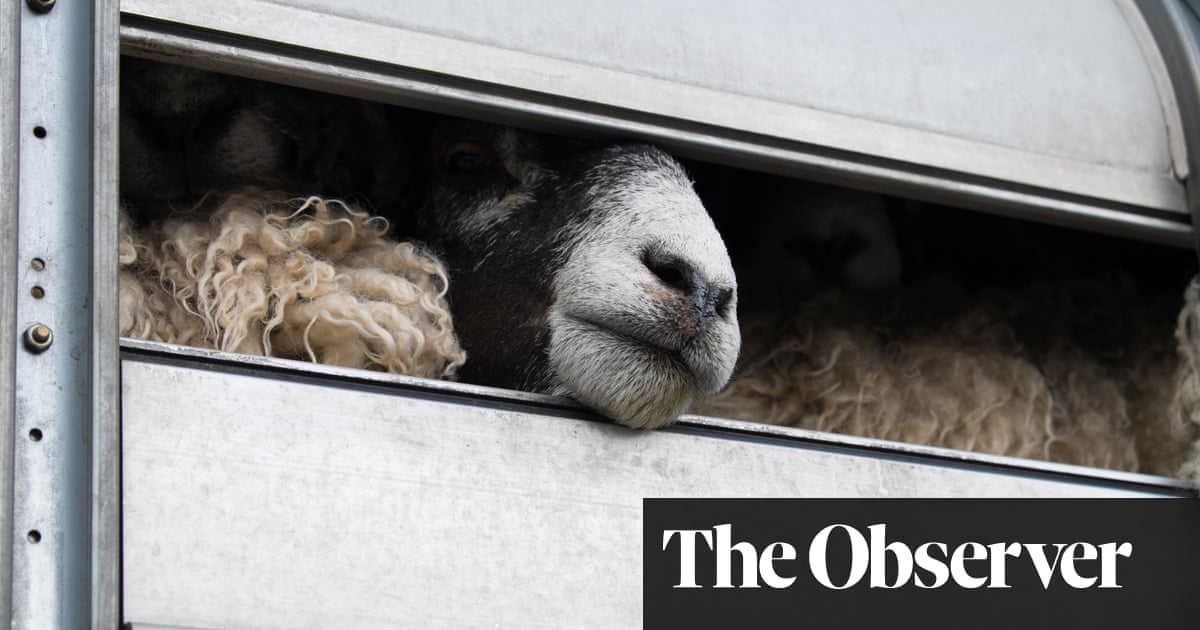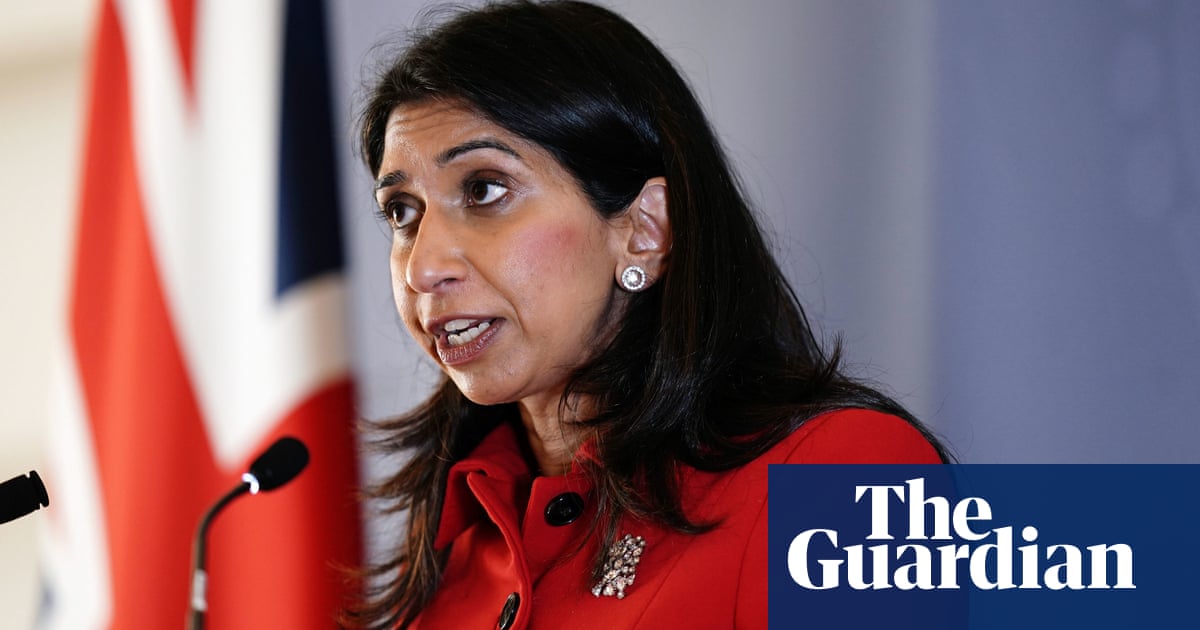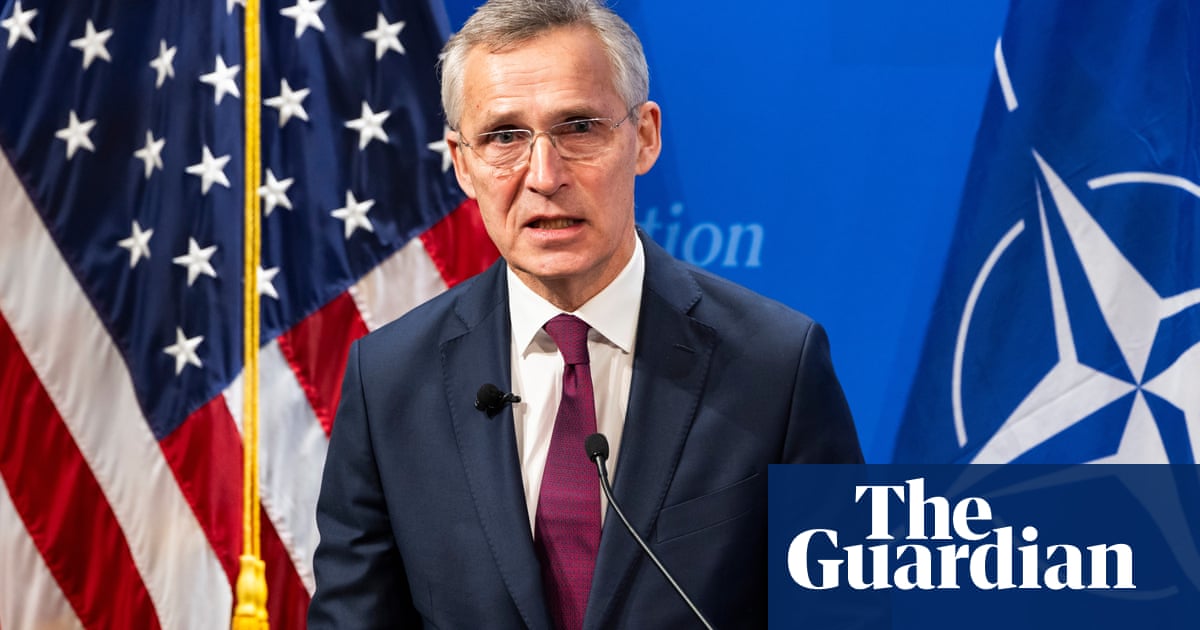
A lack of vets in Europe could force meat suppliers in the EU to hold back deliveries earmarked for the UK under new post-Brexit rules set to come in this week, experts have warned.
The British Meat Processors Association (BMPA) has concerns that imports may be held back due to a shortage of vet availability in the European Union to carry out checks needed under the new rules.
Peter Hardwick, trade policy adviser at the BMPA, said he believed suppliers would “take the UK government’s rules at face value”, and he expected some big suppliers not to risk their stock or reputation by sending orders without a health certificate.
On Wednesday, the government will launch the first stage of its new border policy, which will overhaul the way plant and animal products can be imported from the European Union.
This stage of the “border target operating model” will require all meat and dairy exports to be checked by a vet within the European country before they can be sent to the UK. It requires vets to fill in a seven-page document certifying that the animal has been free of disease and has certain vaccinations. Currently, no health checks are required on imports.
There is now growing concern in the UK, and from meat exporters in several EU countries, that the veterinary workforce will not be able to cope.
Marco Forgione, director general of the Institute of Export and International Trade, told the Observer: “We’ve heard very clearly, both Germany and Poland have a seriously constrained capability with regards to vets.
“There are worries that they will not be able to issue the export health certificates required in order for those medium-risk goods from Germany and Poland to be traded.”
Europe, like the UK, has had a shortage of vets in recent years, particularly in rural areas.
A survey by the Federation of Veterinarians of Europe in 2020 found that across all 28 EU countries, nearly four in five were experiencing shortages.
The new regulations look set to add a huge amount of work to this already stretched veterinary workforce.
According to the BMPA, about 1.5 million tonnes of meat and poultry are imported into the UK from the EU every year, equivalent to 50,000 lorry loads.
The issue has become such a big one for suppliers in Europe that the European Livestock and Meat Trades Union has begun negotiations with the UK government outlining the concerns.
Industry bodies have told the Observer that the government will be taking a light touch regarding those importers which fail to meet all requirements, and issue warnings instead of turning lorries back.
Forgione stressed that these forms will still need to be signed, even with this approach: “The datasets and information are essential. So light touch, or not, you still need the information. If you’re not able to provide the information, you can’t make the documentary submission, therefore, the product can’t transit.”
In addition to the overall shortage, the BMPA has also warned of a lack of availability in some EU states, particularly outside work hours and at the weekend.
International trade is a 24/7 industry, with deliveries continuing throughout the night and last-minute checks needed.
Hardwick said: “We have heard of difficulties from Ireland actually saying that there appears to be difficulties with getting export health certificates signed, particularly after hours on Friday and Saturday.”
Some European vets are also warning that they are unable to complete the forms due to a lack of information from the UK government.
One of the requirements from the UK is to provide historic information on whether there were any diseases present in the region when the animal was born and reared.
Vets in Germay have complained that the UK has yet to give information on how they define “certain regions”.
The certification requirements on Wednesday precede wide-ranging border changes from 30 April, which will see physical checks on goods coming into the UK..
The UK government has insisted that the changes will give the country “the most advanced border in the world”, and sanitary requirements would protect food supply-chains and the agricultural sector from economically harmful disease outbreaks.
Labour has said that if it gets into power, it will look to strike a veterinary agreement with the EU, which would remove the need for these checks but that could take years and would require the UK to agree with EU standards on these goods.
A spokesperson for the Department for Environment Food and Rural Affairs said: “New necessary controls will be introduced progressively to protect the UK’s biosecurity from potentially harmful pests and diseases while maintaining trust in our exports.
“While EU member states are responsible for providing officers to approve any certification, we have been engaging closely with them to ensure they are prepared for these changes and they have so far expressed a high level of confidence in their capacity to meet this.”










